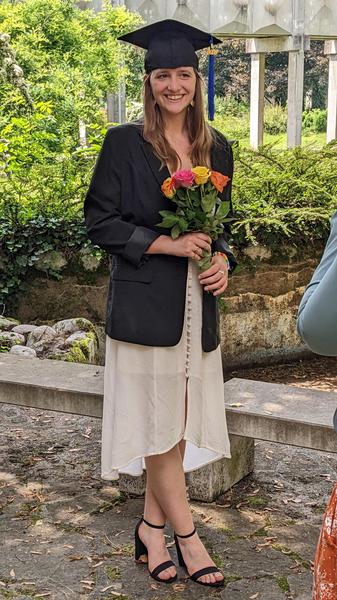A dozen women came for a small group in my home. I set out fruit and cold drinks for them, but my morning galloped by without a moment to bake the banana muffins I planned on. Both of my daughters in Europe called, and the thread with our other kids was especially lively. I even forgot about the special chocolate I had bought for the
occasion.
The unifying ribbon between us was the fact that our husbands are pastors. I invited them into the circle with a simple format, which involves one person speaking at a time with no interruptions. We also honor confidentiality.
Yet there was a twist. Eight countries were represented, and one woman from the Ivory Coast did not speak English. Yet this was not insurmountable, because another woman speaks fluent French,
and several others were conversant. Each time someone finished her turn, her share was translated into those magical sounds that comprise French, while we all listened. It felt like there were birds singing. The woman who waited patiently to be included was gracious, perhaps wondering what the laughter and tears were about until familiar words arrived.
When it was her turn to speak, we all observed carefully. At one point, she smiled as if she had said something
amusing. But I had to pause in order to understand. Then I smiled, too.
Once, the translator turned to the woman from the Ivory Coast, and forgot which language she was meant to use. She started speaking in English. We laughed. Then she remembered. Another time the woman from Sweden was reaching for a phrase to help explain what had been said, and felt stuck.
"I can only remember it in Swedish!"
I felt a
wave of respect and admiration for my daughters, the ones who landed on European soil four years ago and became the minority. It takes courage to step onto that slender bridge between languages. You choose words mindfully. Everything slows down. Maybe that is a good thing.
When we find roadblocks to deeply hearing one another, it can help to find people who are willing to listen closely to both
sides.

